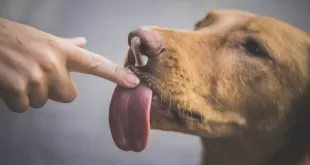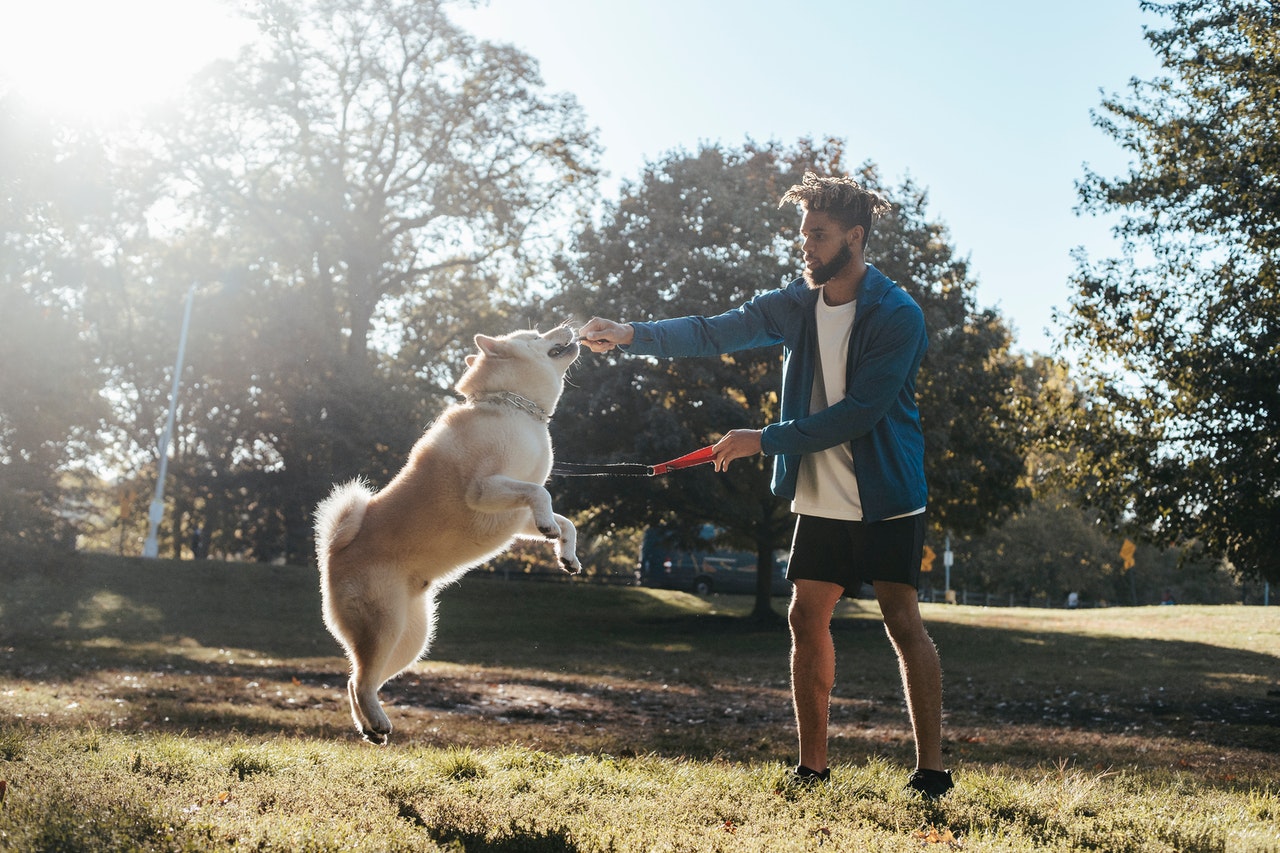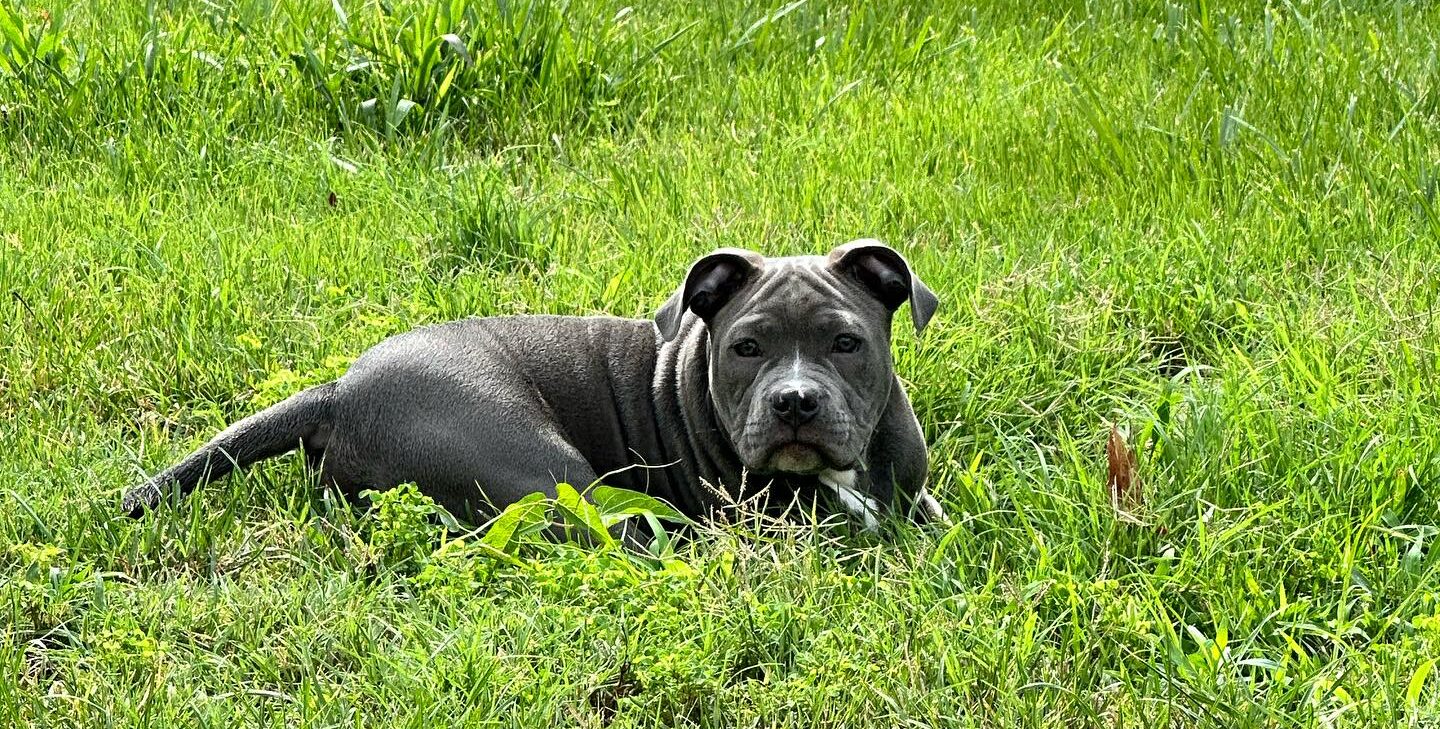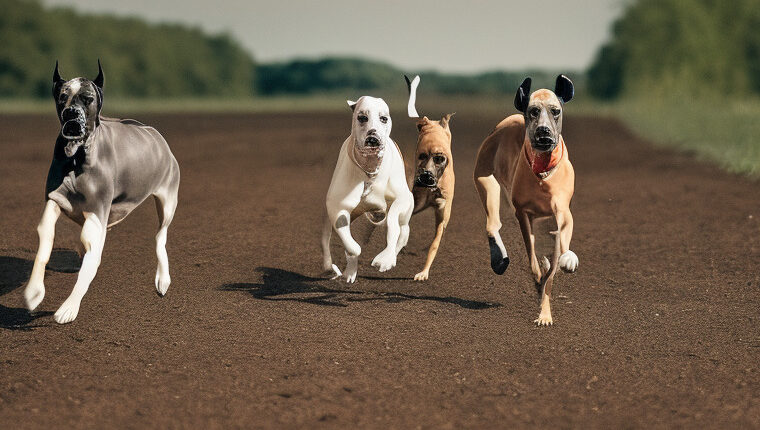Last Updated on February 12, 2023
Since the start of 2020, the spread of Coronavirus has been fast and furious. To date, according to the latest figures (as of 28th Feb 2020) from the Johns Hopkins Whiting School of Engineering’s Centers for Systems Science and Engineering, there have been at least 2867 deaths and 83861 cases of COVID 19 across the world. The majority of these cases still comes from China, but in recent days, the likes of Italy and Japan have been creeping up too. There is even a cruise ship that is under strict quarantine orders, and the number of infected people has been increasing in the ship too.
In light of the pandemic, we humans have started to panic buy, and people have been sweeping food off the shelves in countries like South Korea, Italy and Singapore. Try buying a mask these days and you can expect yourself to pay an exorbitant amount of money for it, but there are still people who are willing to pay the price for the goods. These are the measures that we humans do so as to protect ourselves.
For the case of our pets, they do not have the natural means to protect themselves from the virus. But then again, the question is can dogs get coronavirus? Will the COVID-19 virus affect them too?
Can Dogs Get Coronavirus
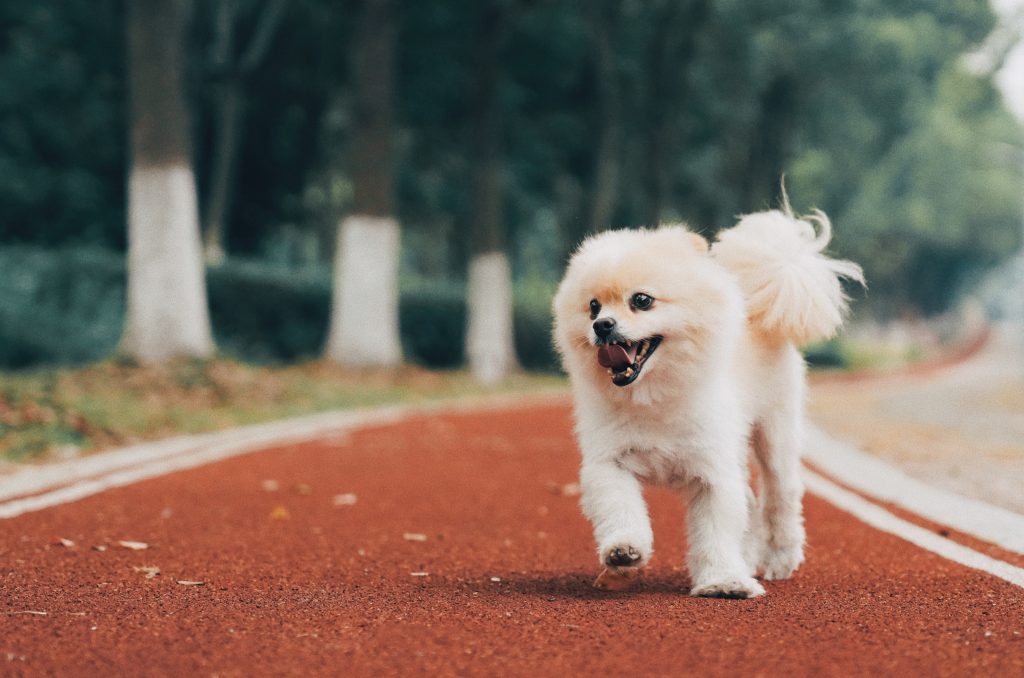 Previously, the World Health Organization did note that there is no evidence that pets can be infected by the COVID-19 virus, but it still urged humans to practice good hygiene together with their pets. However, at the point of writing, there is a first reported case of a pet getting infected with the COVID-19 virus.
Previously, the World Health Organization did note that there is no evidence that pets can be infected by the COVID-19 virus, but it still urged humans to practice good hygiene together with their pets. However, at the point of writing, there is a first reported case of a pet getting infected with the COVID-19 virus.
On the 28th of Feb 2020, the World Health Organization declared that it has the world very first case of a dog that is being infected with COVID-19, though the dog has been tested ‘weakly positive’. While scientists cannot determine the source of the virus for the dog, it is reported that the dog’s owner has been tested positive for the virus. This happened in Hong Kong.
So, there you have it! It is very possible for dogs to get coronavirus, and it will be extremely important that you take some effective measures so as to protect you and your dog. But before you change your lifestyle completely, read on and find out what does the latest observation entails for you as a pet owner.
What Does This Mean?
Now that there is case of a dog being affected by COVID-19 virus, what does that mean for us? Should we, as pet owners, send our pets for testing or even to wear a mask when we are around the pet?
Actually. The fact that dogs can be affected by COVID -19 should not affect your daily movement much. All you need to do, is to practice good hygiene with your dog. Always make it a point to wash your hands before and after you touch your dog so as to minimize the possibility of bacteria or viruses being transmitted to the dog! There is absolutely no reason why you should wear masks on your dog!
Understanding the Risks of Coronavirus in Dogs
The risk of dogs contracting COVID-19 is considered low, but it is not entirely absent. Several studies have shown that while dogs can test positive for the virus, they are not likely to become sick or spread the virus to other animals or humans.
The World Health Organization (WHO) states that there is limited evidence of pets becoming infected with the virus, and it is believed that the risk of transmission from pets to humans is low. However, it is still recommended that pet owners take precautions to minimize the risk of transmission, such as washing their hands frequently and avoiding close contact with their pets if they are feeling unwell.
Can Dogs Spread Coronavirus to Humans?
The short answer is that it is unlikely, but not impossible. While dogs are not considered a major source of transmission, there have been a few reported cases of humans contracting the virus from dogs. These cases have been linked to close contact with infected dogs, such as kissing, hugging, or sharing food or bedding with them.
It is important to note that these cases are rare and the risk of transmission from dogs to humans is still considered low. However, it is always a good idea to exercise caution and minimize contact with your pets if you are feeling unwell or have been in contact with someone who has tested positive for COVID-19.
Prevention and Protection
The best way to protect both yourself and your pets is to follow basic hygiene practices, such as washing your hands frequently, avoiding close contact with your pets if you are feeling unwell, and avoiding sharing food, bedding, or other items with your pets.
If you have been in close contact with someone who has tested positive for COVID-19, it is also a good idea to avoid contact with your pets for at least 14 days, or until you have received a negative test result.
If you are feeling unwell, it is best to have someone else take care of your pets and avoid close contact with them until you have recovered. Additionally, if your pet is showing symptoms of illness, such as coughing, sneezing, or difficulty breathing, it is important to seek veterinary care as soon as possible.
Conclusion
While the risk of dogs contracting and spreading COVID-19 is considered low, it is still important to take steps to minimize the risk of transmission and protect both yourself and your pets. By following basic hygiene practices, avoiding close contact with your pets if you are feeling unwell, and seeking veterinary care if your pet is showing symptoms of illness, you can help ensure the health and safety of you and your furry friends.
 Dog N Treats All dogs deserve to be pampered
Dog N Treats All dogs deserve to be pampered
